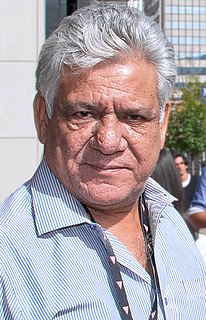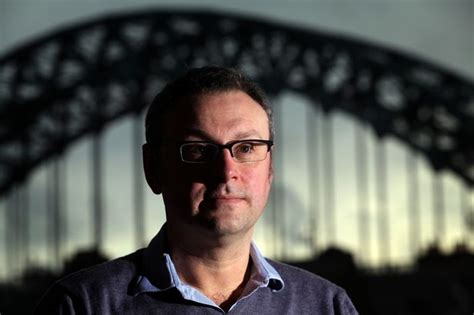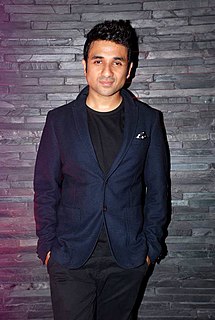A Quote by Om Puri
Theatre is live content, and you can tell if you have worked your audience.
Related Quotes
Before I worked on film, I studied the theatre, and I expected that I would spend my whole career in theatre. Gradually, I started writing for the cinema. However, I feel grateful towards the theatre. I love working with spectators, and I love this experience with the theatre, and I like theatre culture.
Audience interest is directly proportionate to the presenter's preparation. You better spend time and energy on any presentations where the stakes are high. If you are trying to close a large sale or speak at a conference to an audience of potential clients, you better be ON your game. An audience can tell how much energy you spent on your presentation, which is a reflection of how much you valued their time. If they gave you an hour of their time, you need to make it worth it to them by treating their time as a valuable asset by making the content valuable to them.
Compare the cinema with theatre. Both are dramatic arts. Theatre brings actors before a public and every night during the season they re-enact the same drama. Deep in the nature of theatre is a sense of ritual. The cinema, by contrast, transports its audience individually, singly, out of the theatre towards the unknown.
Whether you are a writer or an actor or a stage manager, you are trying to express the complications of life through a shared enterprise. That's what theatre was, always. And live performance shares that with an audience in a specific compact: the play is unfinished unless it has an audience, and they are as important as everyone else.
Whether you are a writer, or an actor, or a stage manager, you are trying to express the complications of life through a shared enterprise. That's what theatre was, always. And live performance shares that with an audience in a specific compact: the play is unfinished unless it has an audience, and they are as important as everyone else.



































